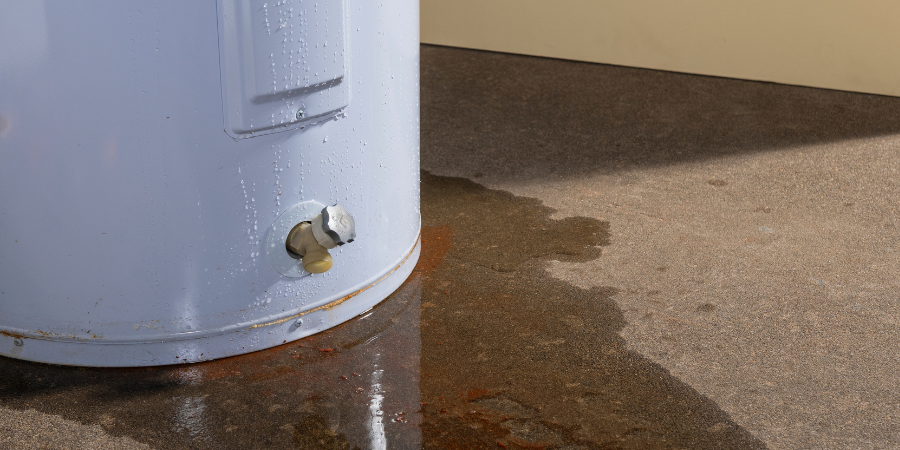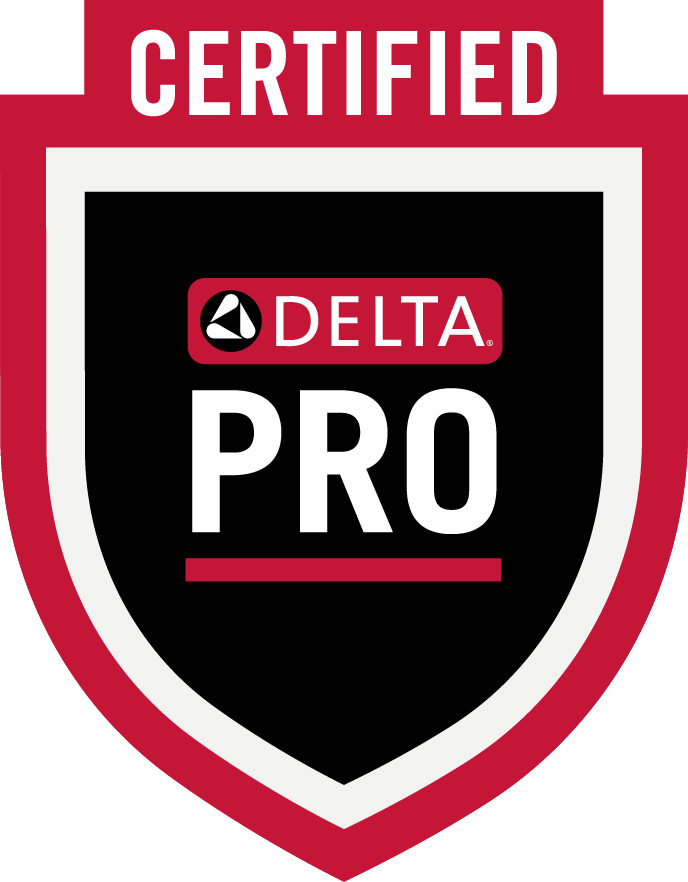Tankless water heaters have gained significant popularity in recent years due to their energy efficiency, space-saving design, and the promise of endless hot water. Unlike traditional water heaters, which store and continuously heat water in a tank, tankless models heat water on demand, making them an environmentally friendly and cost-effective option for homeowners. However, despite their numerous benefits, tankless water heaters are not without their flaws. One of the most common and concerning issues homeowners face is leaks.
At OVC Plumbing and Drain, we frequently receive inquiries from homeowners troubled by water leaking from their tankless systems. Leaks, if left untreated, can cause significant water damage, increase utility bills, and compromise the functionality of the system. Understanding the reasons behind these leaks is essential for both diagnosing problems and implementing preventative measures. In this article, we will explore the five most common reasons tankless water heaters leak and discuss the preventative actions you can take to ensure your system remains leak-free and efficient for years to come.
Aging And Wear Over Time
No appliance is immune to the effects of time, and tankless water heaters are no exception. Over the years, even the most well-maintained systems begin to show signs of wear and tear. Seals and joints, in particular, can deteriorate with age, leading to small, often unnoticed leaks. Additionally, internal components such as the heat exchanger can become less efficient, and their materials can weaken, making leaks more likely.
Preventative Measures For Aging Systems
While aging is inevitable, there are steps you can take to prolong the life of your tankless water heater and minimize the risk of leaks. Regular maintenance, including annual inspections by a professional plumber, can identify early signs of wear and tear before they develop into major issues. Replacing worn-out seals, checking joints for tightness, and ensuring all components are functioning properly are essential steps in preventative care.
Corrosion Within The System
Corrosion is one of the most common culprits behind leaks in tankless water heaters. Over time, hard water or water containing minerals can cause rust and corrosion in metal components, particularly in areas where water flow is constant. Once corrosion begins, it can eat away at the metal, creating tiny holes and cracks that allow water to escape. Corrosion often affects both the internal and external components of the system, making it a widespread issue.
Preventing Corrosion
Preventing corrosion starts with regular descaling and flushing of the system. Hard water, which contains high levels of calcium and magnesium, is particularly corrosive and can accelerate the buildup of scale inside the heater. Installing a water softener is an effective preventative measure in areas stricken with hard water issues. Additionally, using an anti-corrosion agent during regular maintenance can help protect the system’s metal components from rust. At OVC Plumbing and Drain, we recommend and can provide professional descaling services at least once a year to keep your system free from mineral deposits and corrosion.
Clogs In The Water Or Gas Lines
Clogs in either the water or gas lines of a tankless water heater can create significant pressure imbalances, which in turn can lead to leaks. A buildup of debris, sediment, or mineral deposits in the water line can reduce the flow of water, causing the system to overcompensate by increasing pressure. Similarly, a blockage in the gas line can cause erratic heating, leading to pressure fluctuations inside the system. These fluctuations can strain the components of the heater, particularly seals and joints, eventually resulting in leaks.
Preventative Measures For Clogs
To prevent clogs, it is crucial to keep the system clean and free of debris. Regularly flushing the system helps remove any sediment or scale that may have accumulated in the water lines. In homes with hard water, this maintenance should be performed more frequently. Additionally, ensuring that the gas line is clean and unobstructed by dirt or debris is critical for the safe and efficient operation of the system. Routine inspections of water and gas lines are essential to prevent clogs and leaks. These inspections must be conducted by a trained professional.
Issues With Pressure Relief Valves
Pressure relief valves are critical safety features on any water heater, including tankless models. They are designed to release pressure from the system if it becomes too high, preventing potential damage or even explosions. However, if a pressure relief valve is malfunctioning, blocked, or incorrectly installed, it can fail to regulate the pressure effectively. This excess pressure can cause the internal components of the heater to crack or the joints to loosen, leading to leaks.
Ensuring Proper Function Of Pressure Relief Valves
Maintaining your pressure relief valve is crucial in preventing leaks related to pressure imbalances. Ensure that the valve is inspected regularly by a qualified professional. During inspections, the valve should be tested to ensure it opens and closes correctly under pressure. If the valve is faulty or malfunctioning, immediate replacement is recommended. Moreover, always ensure that the valve is installed correctly during the initial setup or any replacement procedures, as improper installation is a common cause of leaks.
Installation Problems
While tankless water heaters are designed to be efficient and reliable, improper installation can lead to a range of issues, including leaks. Common installation problems include loose connections, incorrect sealing, and improperly secured piping. If the heater is not installed with the correct water pressure specifications or if the gas lines are not properly connected, it can place undue stress on the system, leading to early failures and leaks. Professional installation is not only advised but is essential to maintain safety in a home.
The Importance Of Professional Installation
To avoid leaks caused by installation errors, it is essential to hire licensed and experienced professionals, such as those at OVC Plumbing and Drain, for the installation process. A professional plumber will ensure that all components are correctly connected, the water pressure is properly regulated, and the system is securely mounted. This level of precision during installation will greatly reduce the risk of leaks and extend the lifespan of the water heater. A professional will also be certain that all codes and regulations are adhered to to ensure the functionality, safety, and reliability of the system.
Looking To Avoid Leaks From Your Tankless Water Heater?
Tankless water heaters are an excellent choice for homeowners looking to improve their energy efficiency and save space in their homes. However, like any appliance, they are not immune to issues, and leaks are one of the most common problems that can arise. By understanding the main causes of tankless water heater leaks—aging, corrosion, clogs, pressure relief valve issues, and installation problems—you can take preventative measures to safeguard your system.
At OVC Plumbing and Drain, we are dedicated to helping our customers maintain their plumbing systems for optimal performance. Regular maintenance, professional inspections, and proper installation are all critical steps in preventing leaks and extending the life of your tankless water heater. Don’t wait for a small leak to turn into a costly repair—contact us today to schedule a comprehensive inspection or maintenance service. Our team of expert plumbers is here to ensure your tankless water heater operates efficiently and safely for years to come.






